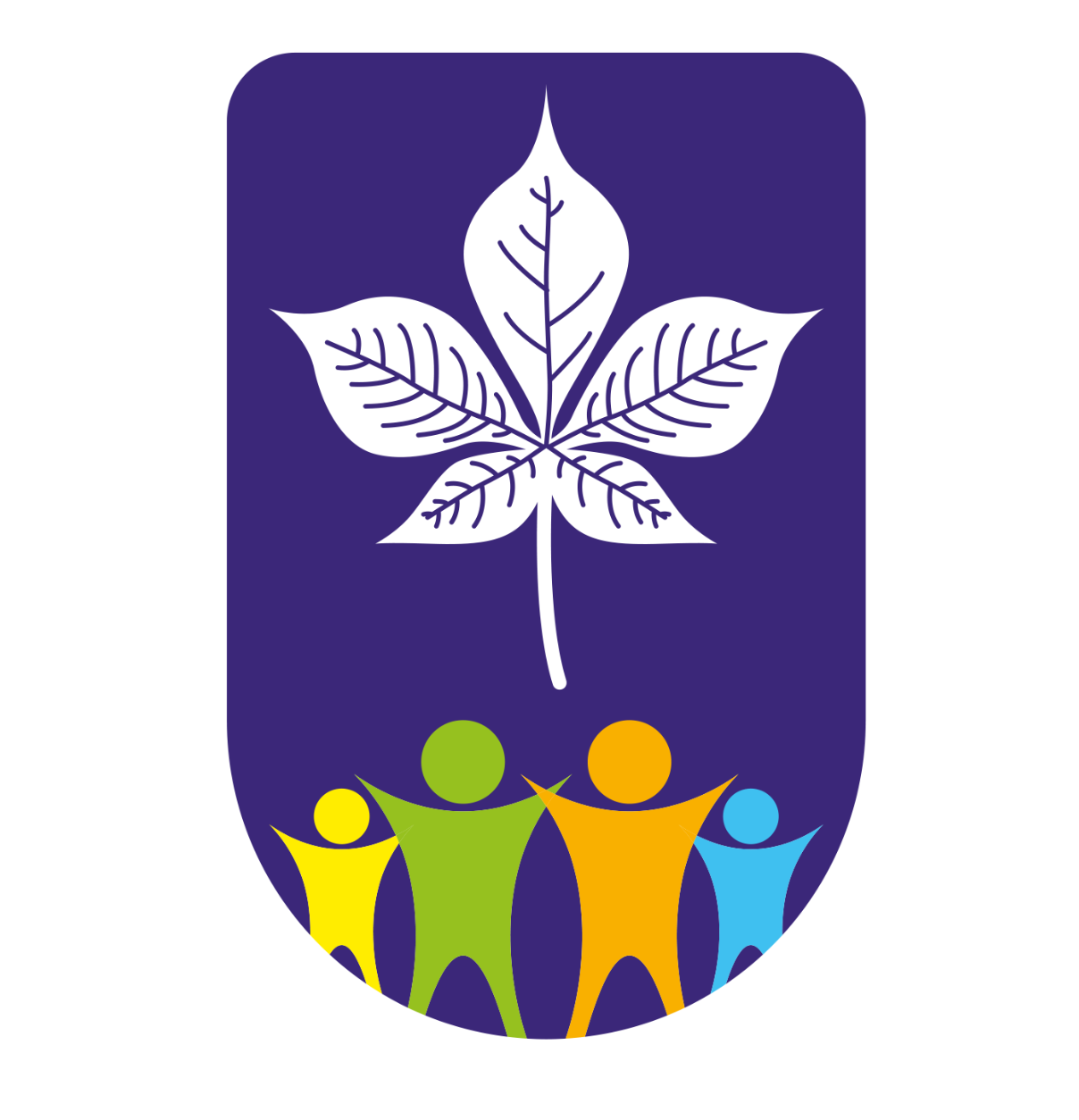Writing
Intent
At Badby School, we aim to develop enthusiastic and confident writers. Children learn a love of writing, developing their confidence to share and communicate their thoughts and ideas accurately for a wide range of purposes and audiences. We aim to promote the use of standard written and spoken English. Within all areas of our curriculum, we strive to foster a passion and understanding for the importance of the written word. We help our children to develop and hone their skills by having the opportunity to express their viewpoints in a range of written styles.
Implementation
All children take part in daily writing sessions, which is supplemented with writing opportunities across the curriculum. At Badby School, we have adopted Jane Considine’s ‘The Write Stuff’, using a clear and systematic approach to the teaching of writing. This step-by-step framework builds pupils’ confidence using a method known as ‘sentence stacking’. Using high quality modelling, sentences are stacked together chronologically and organised to engage children with short, intensive moments of learning that they can immediately apply to their own writing. An individual lesson is broken down into three learning chunks, made up of three sections:
-
Initiate - a stimulus to capture the children’s imagination and set up a sentence.
-
Model - the teacher models a sentence that outlines clear writing features and techniques.
-
Enable - the children write their sentence following the model.
Throughout their time at Badby School, our children are exposed to a wide and challenging range of genres. Our long term plan has been mapped out to provide opportunities for the children to build on knowledge and skills, making links with the wider curriculum topics, and ensuring that a variety of genres are progressively taught.
Presentation is very important to us at Badby School. We use a cursive approach to handwriting, where children learn to develop a legible, fluent and comfortable style. This cursive style is modelled by teachers when marking children’s work and writing on the board.
From Year 2, classes follow a progressive spelling programme, building on the phonics taught in KS1. Children explore spelling patterns and rules, carrying out investigations and revision activities. Children are also taught to use dictionaries and thesauruses to support their spelling and proof-reading skills.
Impact
Teachers use assessment as an integral part of the teaching and learning process:
-
Assessment for learning is used within each lesson through the skilful use of questioning and verbal feedback.
-
A final piece of writing is carried out at the end of each unit, which helps inform future planning and target setting.
-
Termly pieces of assessed writing are carried out across different genres to ensure coverage.
-
Staff writing moderation is carried out three times a year, ensuring staff are assessing children's writing correctly.
-
Writing moderation is also carried out across iMat to ensure that our assessment measures are consistent and accurate.

